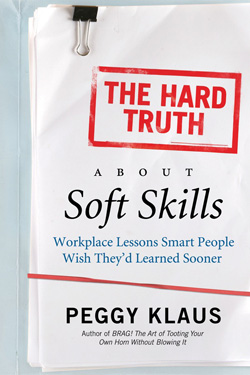“It is not the strongest or most intelligent who will survive but those who can best manage change.” – Charles Darwin
Soft skills represent the habits that can improve how you work with others and how they work with you. This article published on Forbes, sheds light on 7 important skills that will help you create a positive partnership with your colleagues.
- Adaptability: One must be ready to apply flexibility when dealing with critical situations.
- Teachability: Embrace criticism and be ready to proactively acting upon it, we always have something new to learn.
- Punctuality: Simple but crucial.
- Communication: This soft skill is a two-way street, it goes both ways. Make your messages clear and actively listen to what others might say
- Service Mindset: Try and care for the people around you both coworkers and customers
- Proactivity: Use creative thinking to develop to prevent a reactive approach to work. Don’t always passively wait for new tasks.
- Ownership: Embrace responsibility.

Image source: Pixabay






Recent Comments